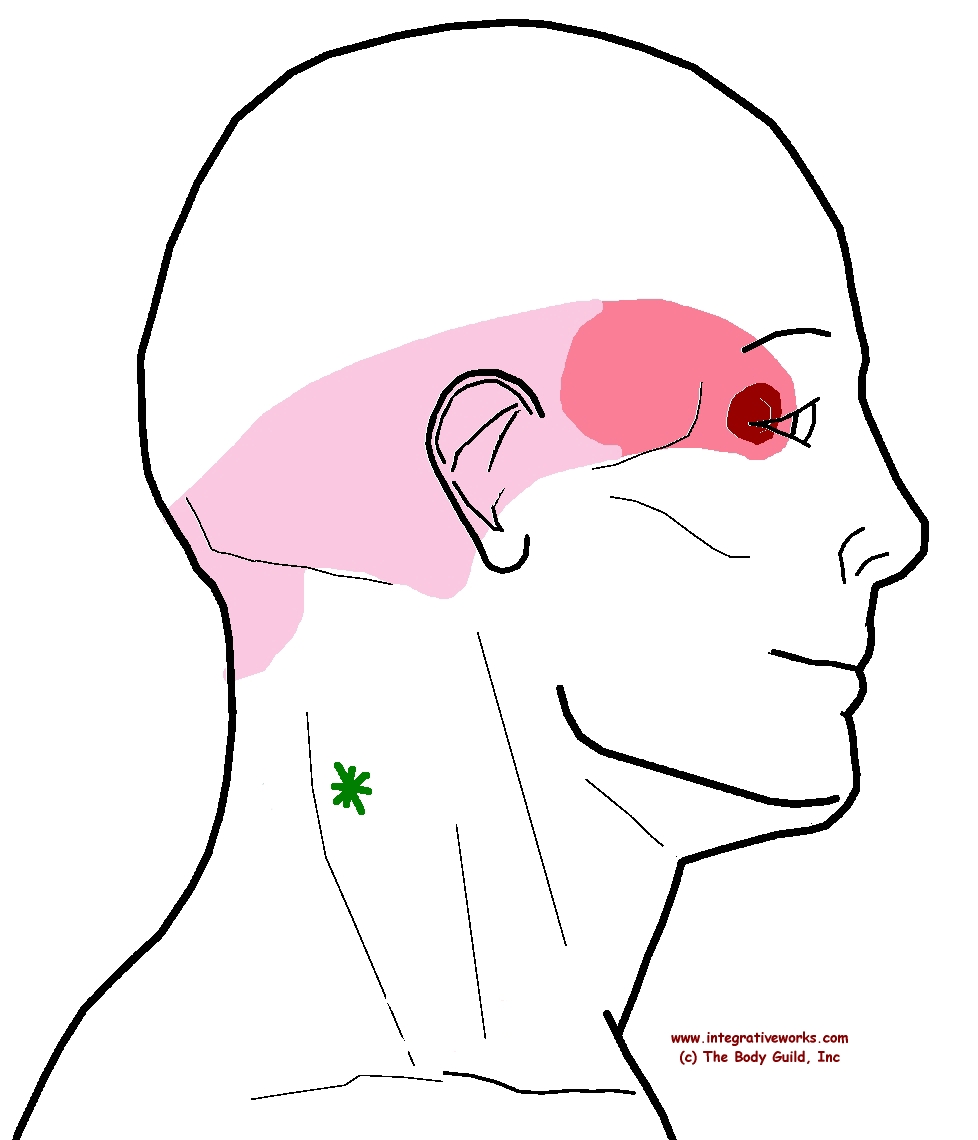

Our eyes will naturally squint when trying to bring unclear things into focus. If you find yourself squinting at the computer screen in an attempt to bring the letters into focus, you may be experiencing signs of vision loss. There are also special lenses that can help you see better at night by utilizing anti-reflective coatings or wavefront diagnostic technology. In some cases, prescription glasses can help improve night blindness by correcting issues with nearsightedness. If you’re experiencing this, schedule an appointment with your eye doctor to help diagnose the cause. Night blindness is one of the signs you need glasses that shouldn’t be ignored. Usher Syndrome: a condition that is genetic which causes both hearing and vision loss.


One that disrupts your ability to see in dark or dimly lit settings. Night Blindness: it’s a troubling vision problem for numerous people. The question you need to ask is how do you know the difference between a pair of tired eyes and when it’s time to set an appointment with an ophthalmologist or optometrist? Luckily, there are several common signs that you need glasses, many of which you can recognize by answering a few simple questions. However, not all eye trouble is an immediate need for glasses. “Why would I need glasses now?” Even those born with 20/20 vision eventually experience a decline in optical prowess as they age. “But I’ve always had 20/20 vision,” you say to yourself. Yet it can be such a subtle loss that it takes those “Ah ha!” moments that wake you up to the fact your vision isn’t what it used to be. You flip on the lights only to wonder why it takes so long for your eyes to adjust.Īlthough sudden vision loss is possible, in most cases vision decline doesn’t happen overnight. You find yourself squinting at the computer screen because the text feels blurry. You’re driving home one night only to realize you can’t see the road signs. For others, signs you need glasses may feel like a sudden revelation.

Some of us notice it happening, but we put off scheduling a visit to the local eye doctor because it’s inconvenient, or because we don’t want to acknowledge it. When vision loss sets in, it is usually at a gradual pace. “Do I need glasses?” At some point, most of us ask ourselves this question.


 0 kommentar(er)
0 kommentar(er)
